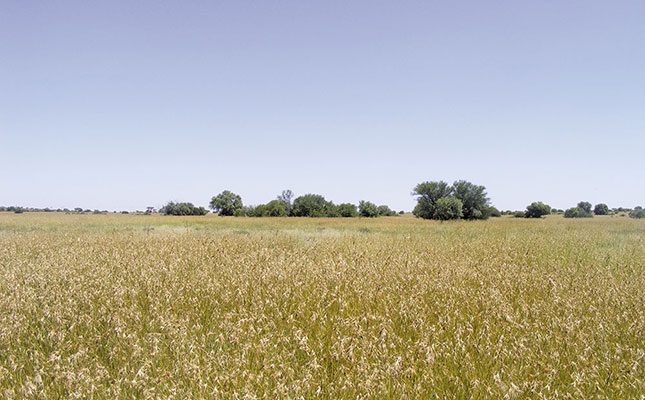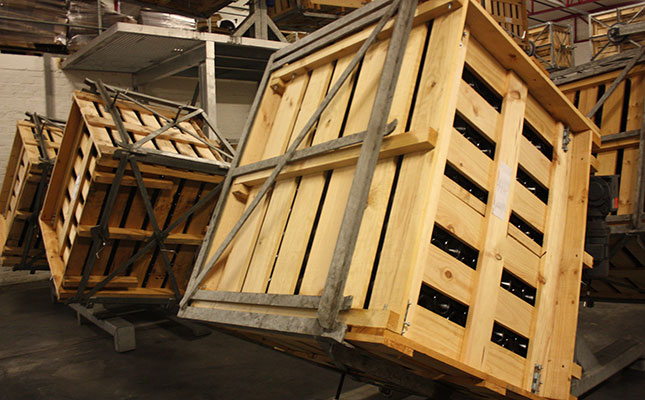
The South African Parliament’s Portfolio Committee on Agriculture, Land Reform and Rural Development began the hearings on 16 August and will continue until 18 August.
The PDAL Bill was introduced in Parliament and referred to the committee on 2 February 2021 and, if passed, will enable government to release more land for agricultural use throughout the country.
Participants in the various hearings include residents, representatives of farmers’ organisations, community members, representatives of communal property associations, community-based organisations, political organisations and business owners.
The committee has already successfully held hearings in Limpopo, Mpumalanga, North West and the Northern Cape.
The Gauteng hearings are taking place at the City of Tshwane Metropolitan Municipality, and the West Rand and Sedibeng District Municipalities in the province.
Committee spokesperson Nolizwi Magwagwa said the PDAL Bill sought, among other things, to provide that the Subdivision of Agricultural Land Act (SALA) of 1970 applied to all agricultural land in the country; to provide principles for the management of agricultural land; to provide for agricultural land evaluation and classification; to provide for the preparation, purpose and content of provincial agricultural sector plans; and to provide for the declaration of protected agricultural areas.
The bill also aims to address SALA shortcomings and other identified weaknesses.
Magwagwa said SALA was currently administered only by the national Department of Agriculture, Land Reform and Rural Development and, as such, did not conform to the constitutional requirements of co-operative governance where national, provincial and local spheres of government had a role to play.
Furthermore, SALA is only applicable to privately owned land, and the department can therefore not protect high-value agricultural land owned by the state, statutory bodies, communal land, and land administered by traditional authorities.
“An attempt was made in 1998 to repeal the SALA Act of 1970. However, the repeal Act, which was passed by Parliament, was assented to by the then acting president, but not the president, and therefore it was never promulgated.”
Magwagwa said the committee was conducting public hearings to ensure that the final bill reflected the views of the people and the affected stakeholders.
“Public participation is very important in the development and processing of legislation to ensure that laws passed by Parliament are progressive and responsive to the needs of every citizen and do not infringe on their rights.”
During the previous leg of the public hearings that concluded in the Northern Cape last week, residents of Pixley kaSeme District supported the bill, but raised various shortcomings. Residents said the bill was sound, but called for it to be implemented appropriately once it has been passed into law.
Chairperson of the committee Nkosi Zwelivelile Mandela encouraged residents to contribute specifics about the bill.
“This session is open for you to speak in detail in terms of what you want to see in the final bill and how it can assist in bettering the lives of farmers in this area,” Mandela said.
Some of the issues raised included that the bill did not address the various challenges faced by farmers, such as access to funding, technical support and mentoring for emerging farmers.
Residents also said there was no provision to ease emerging farmers’ access to markets or to address issues of food security, and called for emerging farmers to be subsidised to make their products more marketable.
Residents also said the bill did nothing for access to education for new farmers. The committee was told that there could be no preservation or development without education, because agriculture and farming was not a “quick fix out of poverty; it’s hard work”.
Residents told the committee that education would play a critical role in empowering emerging farmers with knowledge and farming skills.
Mandela assured residents at the end of the hearings that the committee would take into consideration every input from individuals and organisations.













